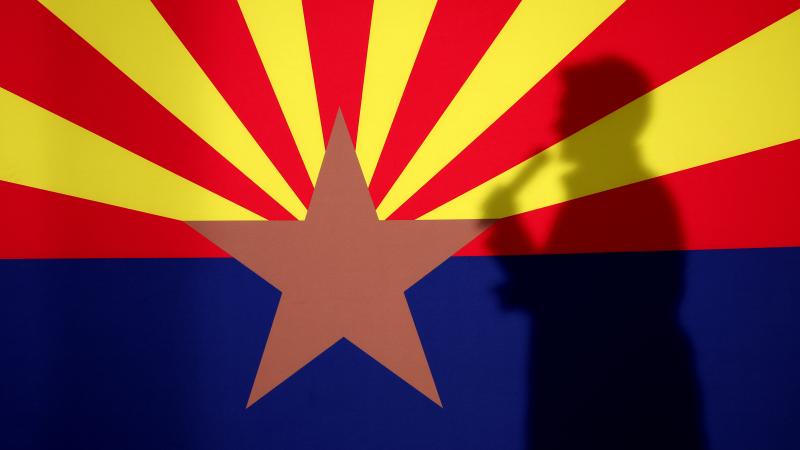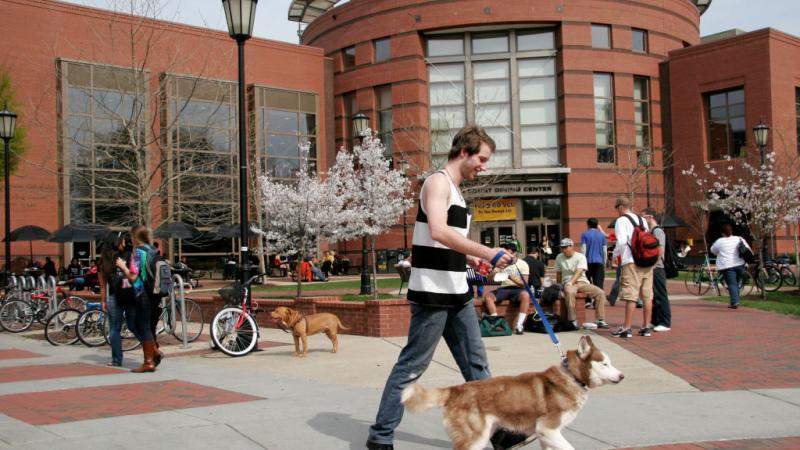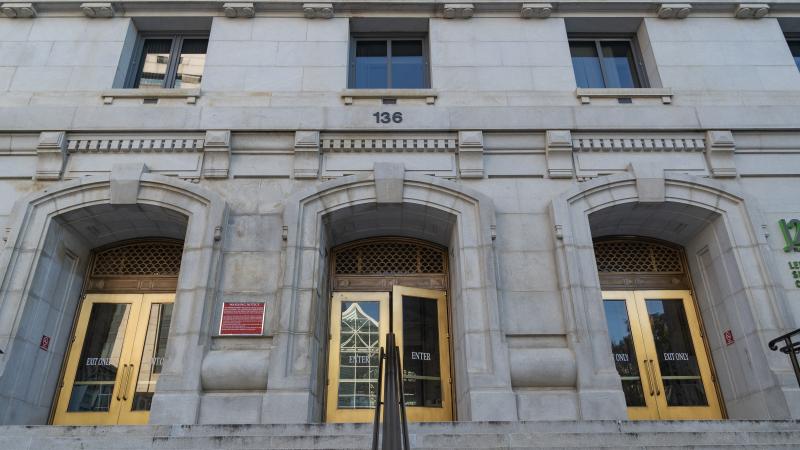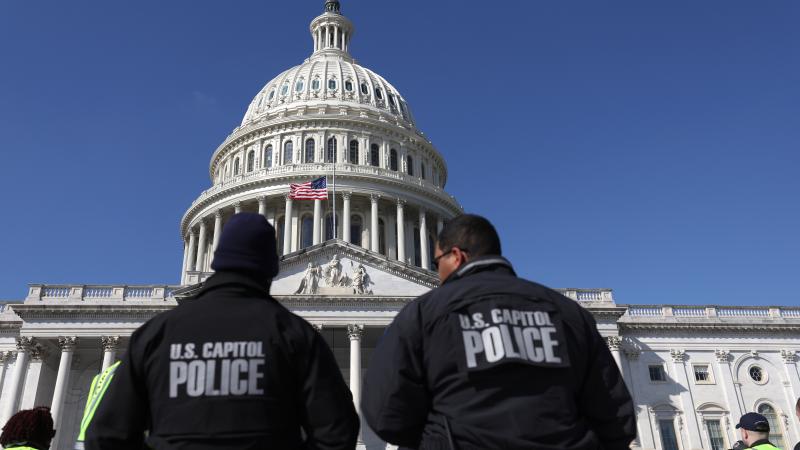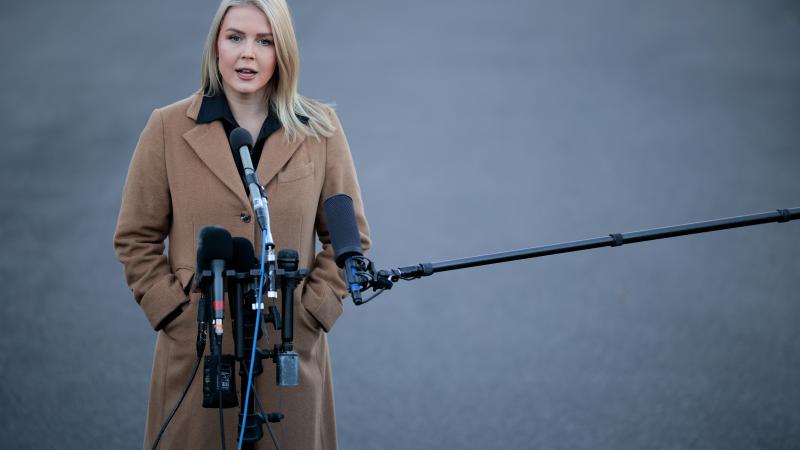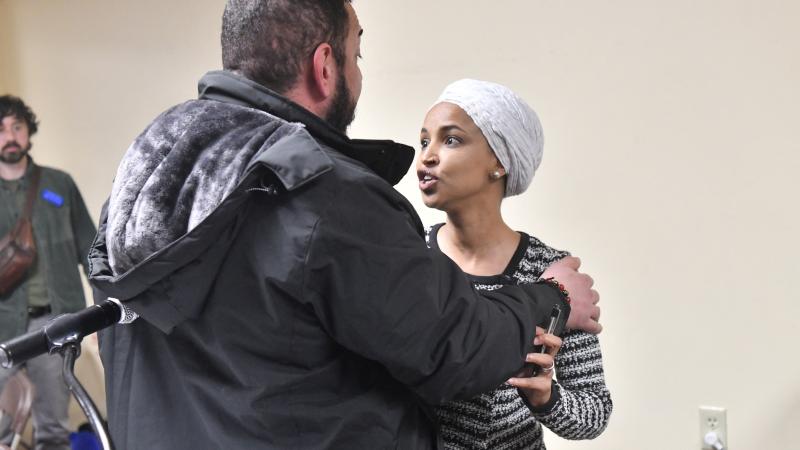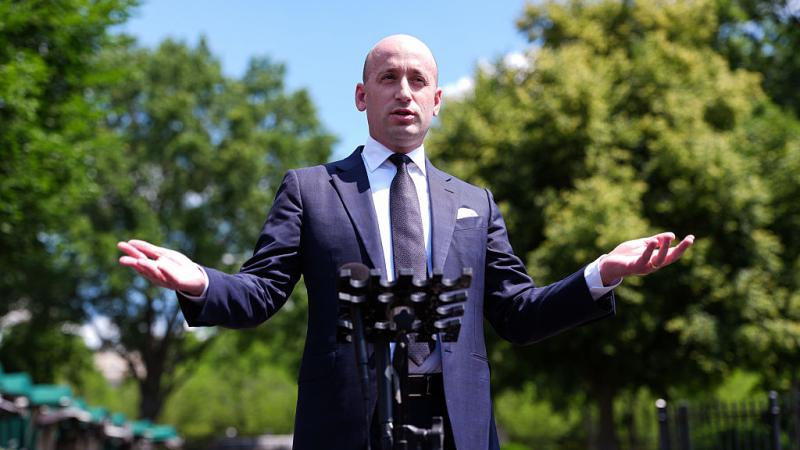Feds destroy family farm for 'single paperwork violation.' GOP-appointed judges rebuke feds
Supreme Court ban on agencies using in-house courts to fine companies prohibits Labor Department actions going back to Obama administration, appeals court rules. "We’ve been dragged through the mud," farm says.
Eight years after Alex Acosta's nomination for secretary of labor revived scrutiny of the notorious plea bargain he gave convicted sex offender Jeffrey Epstein, setting up the successful prosecution of the late financier, the Labor Department got another black eye for allegedly abusing its authority across three presidential administrations.
The 3rd U.S. Circuit Court of Appeals stripped the department's authority to seek civil penalties against enforcement targets within its own administrative courts, ruling in favor of a now-shuttered New Jersey family farm that lost five years of internal challenges before the Institute for Justice sued the department on behalf of Sun Valley Orchards in 2021.
It follows a 5th Circuit April ruling vacating a Federal Communications Commission administrative court's $57 million fine against AT&T for allegedly mishandling customer data, initiated by the first Trump administration and upheld by President Biden's FCC.
Both are based on the Supreme Court's June 2024 precedent against substituting in-house agency courts for real courts in a 7th Amendment case against the Securities and Exchange Commission by hedge fund manager George Jarkesy, which along with the same week's Loper Bright precedent reasserted judicial authority over agency decisions.
The ruling means "the days of the Department of Labor imposing liability through its own in-house courts are over," IJ Senior Attorney Rob Johnson said. The department seized $4.9 million in back wages and $5.8 million in penalties on agricultural employers last year under the statutes used against Sun Valley.
IJ is also representing a Maryland landscaping business against Labor's in-house courts and an Oklahoma masonry business against the Justice Department's in-house courts.
"This is a huge relief for my family," Sun Valley Orchards co-owner Joe Marino said. "We’ve been dragged through the mud, and it seemed impossible to fight back."
Under the weight of $550,000 in Labor fines, most based on a "single paperwork violation," and the "perfect storm" of bad weather, labor problems, plunging prices and COVID-19-related lost accounts in 2019 and 2020, Sun Valley decided in July 2021 to shut down, Marino told the Philadelphia Inquirer in 2022.
IJ told Just the News the farm was finishing the growing season when it filed suit in September 2021, and it didn't shutter until that December.
Labor did not answer Just the News queries for its response to the ruling.
Prodded by Musk, Cuban, conservative publisher, hedge fund manager
The reassertion of independent judicial authority over agency decisions, including those reached through in-house courts, slowly built over the past several years.
The same week in 2022, six months after Sun Valley sued, Jarkesy prevailed at the 5th Circuit and The Federalist prevailed at the 3rd Circuit in a lawsuit against the National Labor Relations Board for an administrative ruling that punished its publisher for a joke about unions.
SpaceX owner Elon Musk gave the arcane legal issue mainstream visibility six months before SCOTUS in Jarkesy when he sued NLRB to block its in-house prosecution of SpaceX for firing employees on the alleged basis that they criticized Musk's social media posts.
Musk and fellow outspoken billionaire Mark Cuban teamed up two years earlier to back an unsuccessful SCOTUS petition to halt the SEC's five decades of imposing gag orders as a condition of settlements, which threaten fines and jail time for defendants who subsequently contest the factuality of SEC claims about them.
Labor's in-house prosecution of Sun Valley stemmed from the farm's alleged violation of several terms in the H-2A non-immigrant visa program for temporary foreign laborers to perform "seasonal agricultural work," according to the unanimous 3rd Circuit ruling by a three-judge panel composed of nominees by presidents George W. Bush and Trump.
A district court dismissed all of Sun Valley's claims, finding that Labor's prosecution was covered by the "public-rights doctrine," the "clear language of the statute" allowed civil penalties and back wages, that administrative law judges are constitutionally appointed and the civil penalties were "not grossly disproportionate to Sun Valley’s offenses."
All of that is for naught, however, because this isn't a public-rights case exempt from federal courts based on the Jarkesy precedent, the opinion by 3rd Circuit Judge Thomas Hardiman said.
SCOTUS denied the SEC could "enforce federal antifraud statutes through in-house civil penalty proceedings," whose penalties traditionally “could only be enforced in courts of law" and targeted "the same basic conduct as common law fraud, so the hedge fund manager's case "presumptively" involved a matter of private right.
'Sun Valley lacked any real choice'
Under the H2-A program, "employee benefits are formalized in an employer’s 'job order'" that functions as a "work contract" unless the employer pens another agreement with employees, meaning violation of the contract supports enforcement actions, Hardiman said.
"DOL’s action was therefore litigated like a suit for breach of contract, which would have traditionally been heard in common law courts," with both the prosecution and administrative law judge using contract language. The agency also usurped a real court's work by seeking "common law remedies: civil penalties and back wages," the opinion said.
This is not fundamentally an immigration case exempt from federal courts as Labor insists, Hardiman wrote. "While the President has possessed some authority to remove aliens since the founding," it has been "traditionally appropriate in cases closely related to the admission and exclusion of aliens."
H2-A regulates both foreign and domestic workers and is designed to preserve domestic wages and working conditions, specifically "worker hours, housing, cooking, and transportation" regarding employment law, even though the rules "may ultimately serve immigration-related goals," the ruling says.
The Republican-appointed judges rejected Labor arguments that because the secretaries of state and homeland security "determine which countries are eligible to participate in the Program," any challenge is limited to in-house courts.
At most, "that shows that some H-2A-related actions may proceed in agency tribunals," such as barring Sun Valley from the program or removing "ineligible foreign workers."
The panel mocked the department's "last-ditch argument" that Sun Valley didn't raise its federal-court argument in the administrative law court.
Labor told the farm it could not appeal the determination if it didn't request an in-house court hearing by a deadline, so "Sun Valley lacked any real choice about where it could challenge DOL’s action," the opinion said, directing the lower court to enter judgment for the farm.
The Facts Inside Our Reporter's Notebook
Links
- notorious plea bargain
- Institute for Justice sued the department
- 5th Circuit April ruling
- Supreme Court's June 2024 precedent
- Loper Bright precedent
- IJ Senior Attorney Rob Johnson said
- $4.9 million in back wages and $5.8 million in penalties
- Maryland landscaping business
- Oklahoma masonry business
- Philadelphia Inquirer
- Jarkesy prevailed at the 5th Circuit
- The Federalist prevailed at the 3rd Circuit
- punished its publisher for a joke
- he sued NLRB to block its in-house prosecution of SpaceX
- Musk and fellow outspoken billionaire Mark Cuban
- unanimous 3rd Circuit ruling

